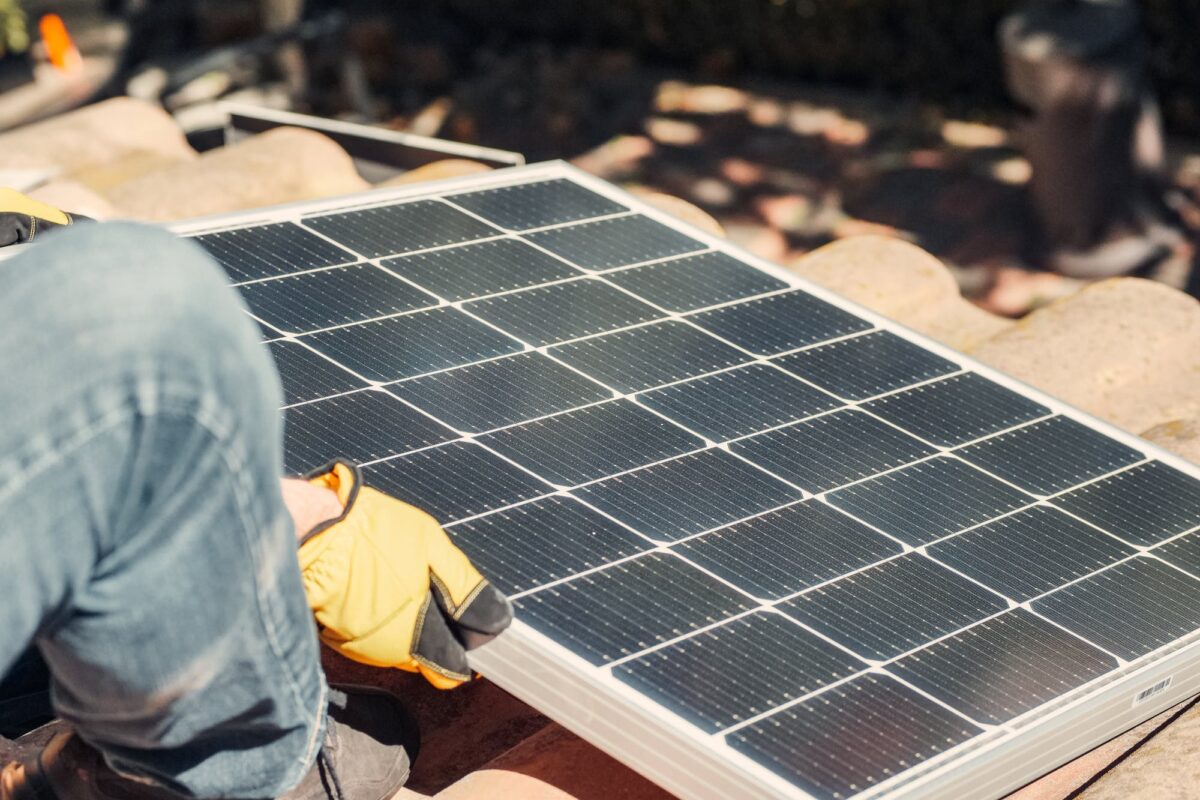If Tucson, Ariz., goes dark tonight, don’t worry – the grid has not been hacked, nor has a transformer blown. It’s just an effort to express the city’s intense opposition to proposed rate hikes by Tucson Electric Power (TEP) that advocates say would make solar unaffordable for many of the city’s residents.
Public News Service (PNS) reports that a combination of groups, including the Sierra Club and the Pima Association of Governments’ Solar Partnership, are asking the city’s 1 million residents to turn their lights off at 8:30 p.m. local time in the hopes of sending a message to the Arizona Corporation Commission (ACC) that it should reject the proposed increases at its planned Oct. 23 meeting.
The protest is in response rate changes TEP has proposed, including a change in the solar export rate, or the rate TEP pays solar customers for the excess electricity they produce and deliver to the grid (commonly known elsewhere as net metering).
TEP’s new structure would drop the reimbursement rate to around 10 cents per kilowatt-hour (KWh), a rate that would be locked in for 10 years. Although the export rate would be adjusted annually, solar customers would lock in their initial export rate for up to 10 years before being subject to market price adjustments, according to the utility’s website. The utility also promises solar customers that the rate would not be allowed to fall more than 10% annually.
In addition, TEP is asking the ACC to allow them to move residential solar customers either to a three-part rate structure including a demand charge, or to a time-of-use (TOU) rate including a monthly “grid access charge” of $3.50 per kW-DC installed. Finally, TEP would add an extra $3/month in their basic service charge ($13 total) for solar customers, something they would not levy on non-solar residential demand or TOU rates.
The utility says the new charges are necessary to account for a “cost shift” from solar to non-solar customers, suggesting ratepayers who install solar don’t pay their fair share for grid upkeep. And although pv magazine may sound like a broken record, it feels it’s important to remind readers that the cost-shift argument is disingenuous at best and an outright lie at worst.
National studies have found that while cost-shifting is a real phenomenon, it only happens at solar penetration rates of around 10% (Arizona’s current penetration rate is 5%, according to the Solar Energy Industries Association). In addition, 16 state-level studies have proven the cost-shift argument to be Icarus-level mythical.
Robert Bulechek, an energy efficiency consultant and member of the Pima Association of Government’s Solar Partnership, told PNS that TEP is all for solar power as long as it comes from their own solar arrays.
“And this is not a fight about solar – it’s a fight about who gets to own it,” Bulechek told the news outlet. “And so the utility wants to be the person who gets to build the solar, and I’m an advocate for everybody having that right.”
At a July ACC meeting dealing with the proposed, residents offered three hours of testimony on the proposed hikes. While some people were in favor of the hikes, most offered opposition to the plan.
The next ACC meeting on the plan, where a vote to approve or reject is expected, is on Oct. 23.
This content is protected by copyright and may not be reused. If you want to cooperate with us and would like to reuse some of our content, please contact: editors@pv-magazine.com.








By submitting this form you agree to pv magazine using your data for the purposes of publishing your comment.
Your personal data will only be disclosed or otherwise transmitted to third parties for the purposes of spam filtering or if this is necessary for technical maintenance of the website. Any other transfer to third parties will not take place unless this is justified on the basis of applicable data protection regulations or if pv magazine is legally obliged to do so.
You may revoke this consent at any time with effect for the future, in which case your personal data will be deleted immediately. Otherwise, your data will be deleted if pv magazine has processed your request or the purpose of data storage is fulfilled.
Further information on data privacy can be found in our Data Protection Policy.